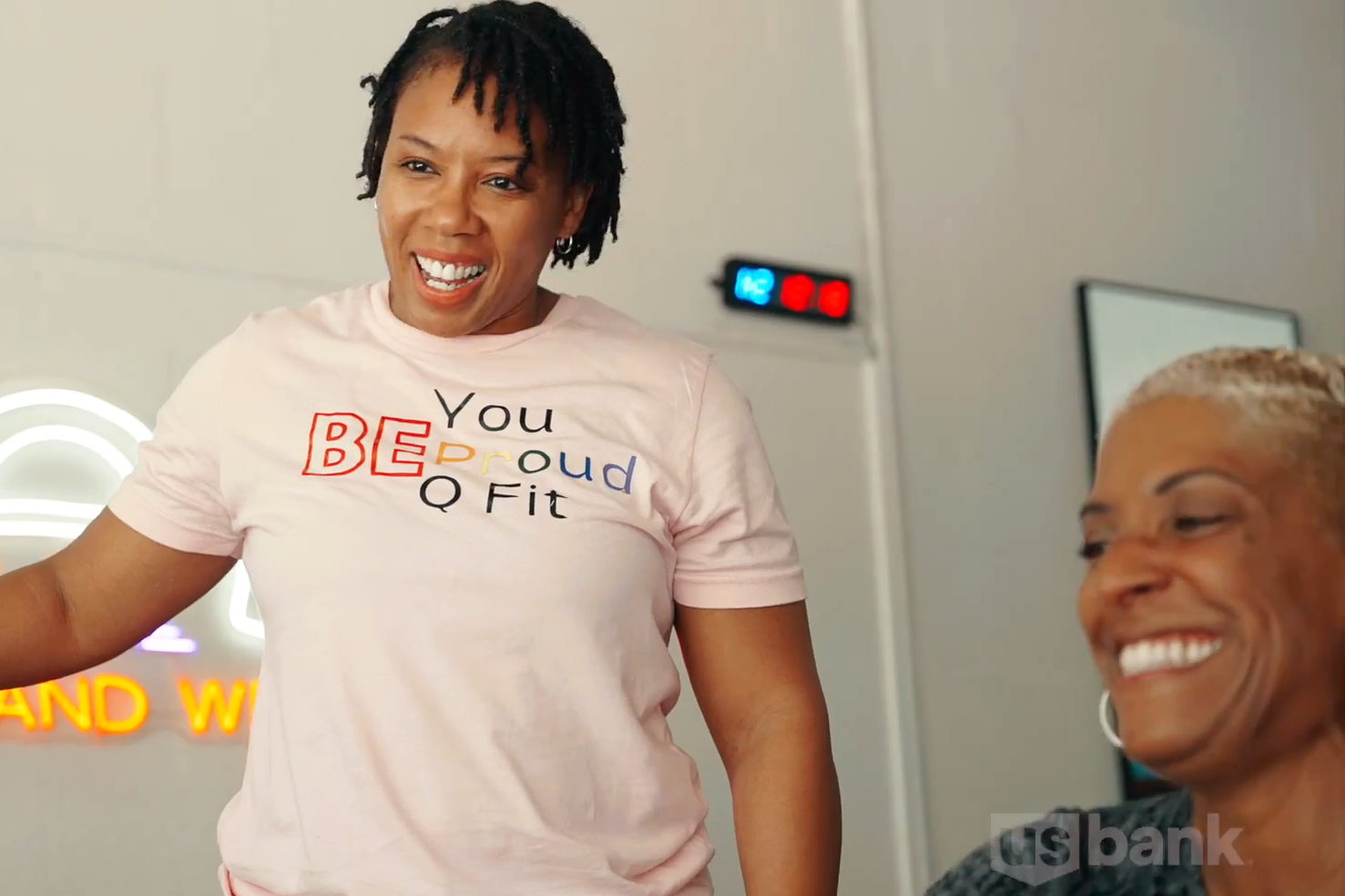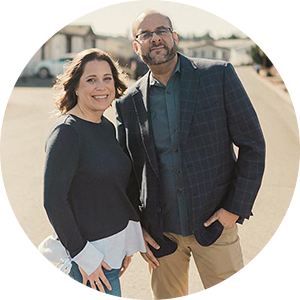
What is needed to apply for an SBA loan

How a 13-year-old created a clothing line that reflects her passions

Angie Surratt went from working two jobs to building a mobile home real estate business with her husband Ben.
 “How I Did It” features real stories about achieving goals through financial planning and preparedness.
“How I Did It” features real stories about achieving goals through financial planning and preparedness.
Angie Surratt still remembers the day she decided to quit her job. After working a full week as a food service manager for a local hospital in Vancouver, Washington, the weekend had arrived. But instead of spending time with her young daughter and husband Ben, she was sitting in a parking lot. She was getting ready for her 4 p.m.-to-midnight shift working a banquet.
“Sitting in the car, I was like, ‘You know what? I am so done working these jobs. I’m just going to quit,’” she recalls. “I didn’t quit right then, but I set a date. I was going to leave before my 31st birthday. I had hit my threshold.”
How we started our business
Real estate, she thought, could be a way to take control of her career path. Mentored by a family member who had been in the industry for decades, Angie and Ben started small. They started taking real estate courses in their spare time. A year later, in 2009, the couple completed their first deal: purchasing and reselling a mobile home with a $1,000 profit. They were hooked.
“We tried all these different avenues of investing, and mobile homes just seemed to fit,” Angie says. “At the time, a lot of people were losing their traditional homes, people were downsizing.”
The timing fell in the wake of the 2008 recession, which claimed Ben’s job in finance as well.
“[People] didn’t want to rent; they still wanted to own something, and that’s where mobile homes started to click,” Angie says, “It took us a few months to do [the first deal], but then it was like, ‘OK, what if we started creating a better system? Could we make more money?’”
They started seeking out sellers of “For Sale By Owner” mobile homes, offering to find buyers for a small fee. Or even simply assisting with the paperwork necessary to complete the sale. By 2010, with some more real estate experience, the Surratts felt confident in their decision for Angie to quit her job. The side hustle went from part- to full-time.
“Sometimes there’s analysis paralysis. Either I can keep thinking about this and not do anything, or just finally do it. I could always have an excuse to not quit my job,” Angie says. To get the business up and running, the Surratts relied on personal savings and small loans from family members.
How we grew our business
That leap of faith paid off. Today, Angie and Ben’s company, Helping Hand Equity, buys and sells mobile homes, offers escrow services, and sometimes provides financing for its clients. Their business boasts a portfolio throughout Washington and Oregon, and four to five active transactions at any given time. And the Surratts aren’t slowing down, thanks in part to rising rent costs in the area pushing people toward homeownership.
“We’re getting a lot of people who are looking for mobile homes because they can get a loan and they might have $5,000 or $6,000 to put down,” Angie says. “Their payment on their mobile home is less than renting an apartment, and they get to own something.”
Both Ben and Angie are very hands-on in the business. Ben works with sellers and buyers. Angie prepares backend paperwork. They’ve expanded to include a team of five sales agents, and have a wide network of mobile homeowners and fellow professionals. This network helps to monitor trends in the industry, identify gaps in the market and generate potential leads.
Social media is a big part of their business success, offering a way to find deals. One of their biggest channels? A 700-member Facebook group they started for people to post mobile homes for sale in southwest Washington and Oregon.
“You always have to keep changing and evolving with the way social media is changing,” Angie says. “You always have to be willing to change. Otherwise, you can just fall behind.”
How we'll continue to evolve our business
Over the course of their 10-year-old business, the Surratts had to discover best practices to market themselves. They also learned how to manage a team of people and learn the regulatory ins and outs for not one, but two states. Still, the benefits of entrepreneurship far outweigh the challenges. Namely, the freedom to craft their own schedules and spend more time with their 11-year-old daughter and 7-year-old son.
Despite the success they’ve created, the Surratts aren’t done growing. In the next five to 10 years, the couple hopes to pay cash for their own mobile home park. This dream couldn’t be realized had they declined to take that first step into real estate investing.
“Don’t be afraid to take the leap,” Angie advises others thinking about turning their side hustle into a full-time job. “If you fail, at least you tried, knowing you gave it your all. When people are like, ‘I really want to do this,’ and then they never do anything, there’s a lot more regret.”
Looking to open a business bank account? Explore your options at U.S. Bank.


